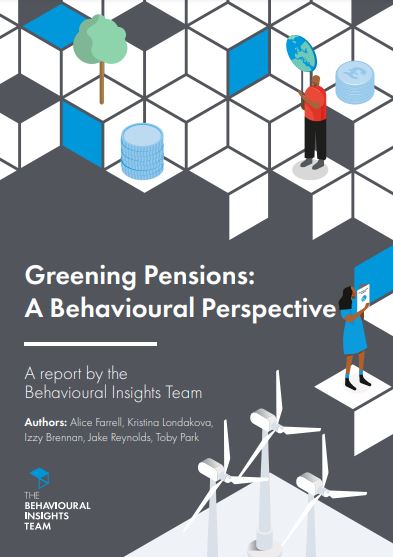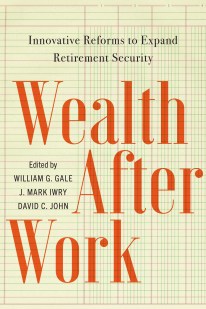Myopic Savings Behaviour of Future Polish Pensioners
By Sonia Buchholtz, Jan Gaska & Marek Góra Low saving rates combined with low effective retirement age herald old-age poverty. This paper examines the preferred strategies of future Polish pensioners in order to sustain the standard of living in the future. A two-step approach is used: as a first-best strategy, we explore determinants of supplementary saving with binary logistic models; as a second-best strategy, we examine alternative options with principal component analysis. Future retirees rarely accumulate long-term savings, do not use...










